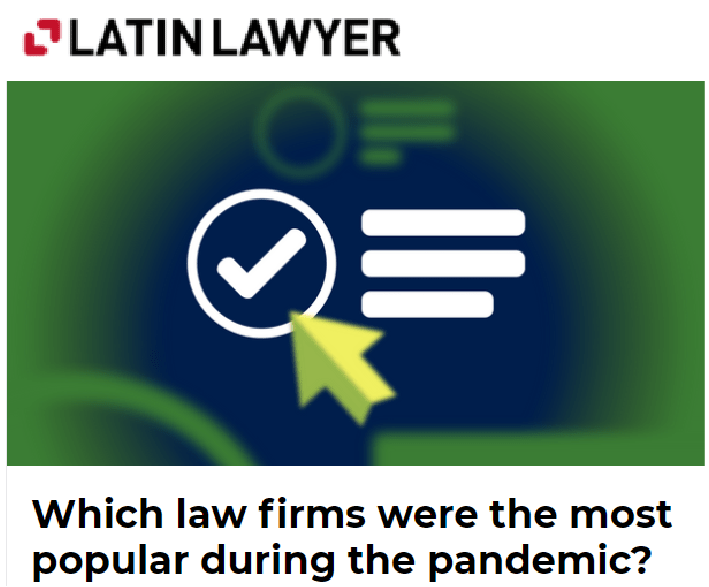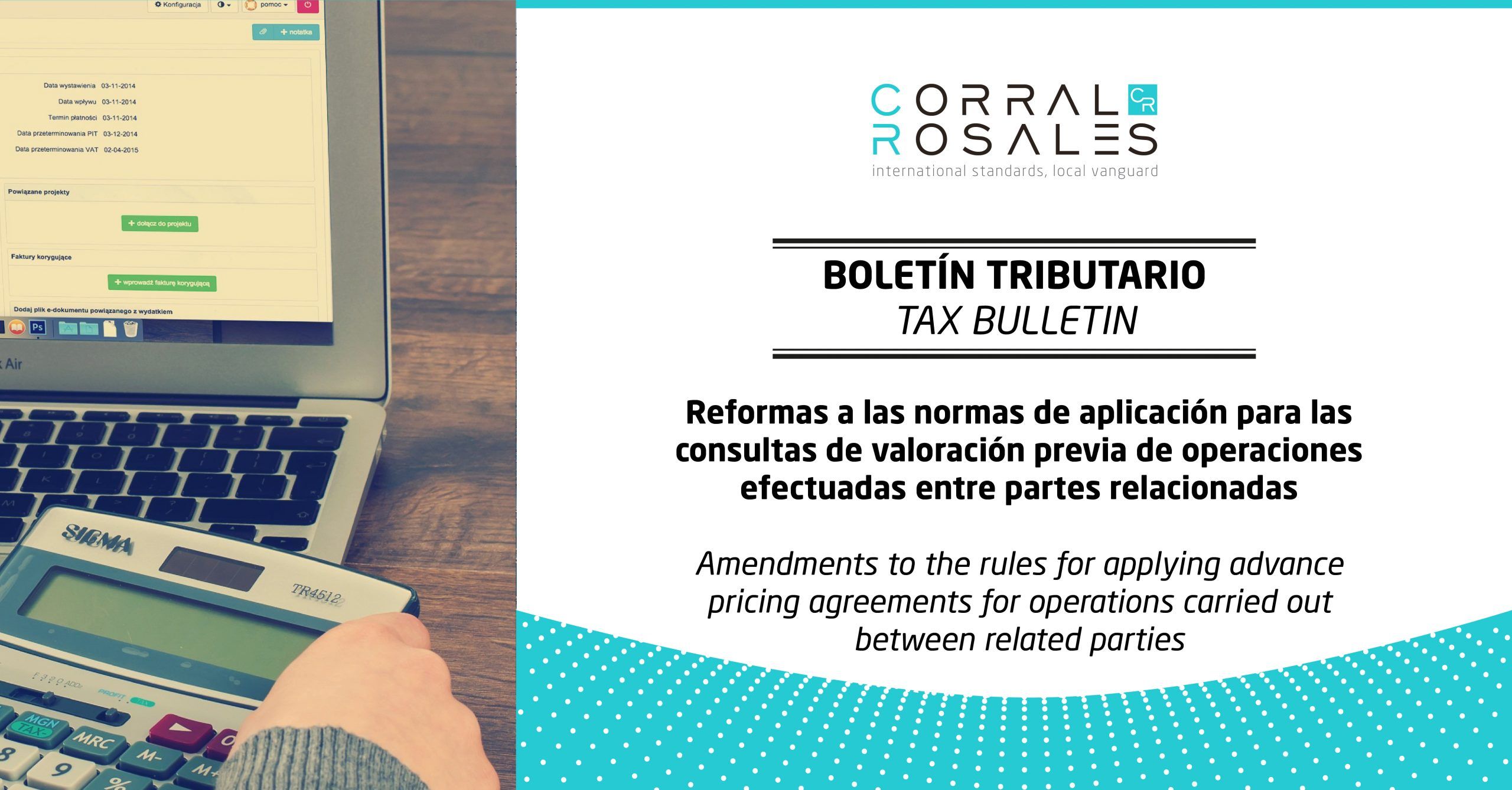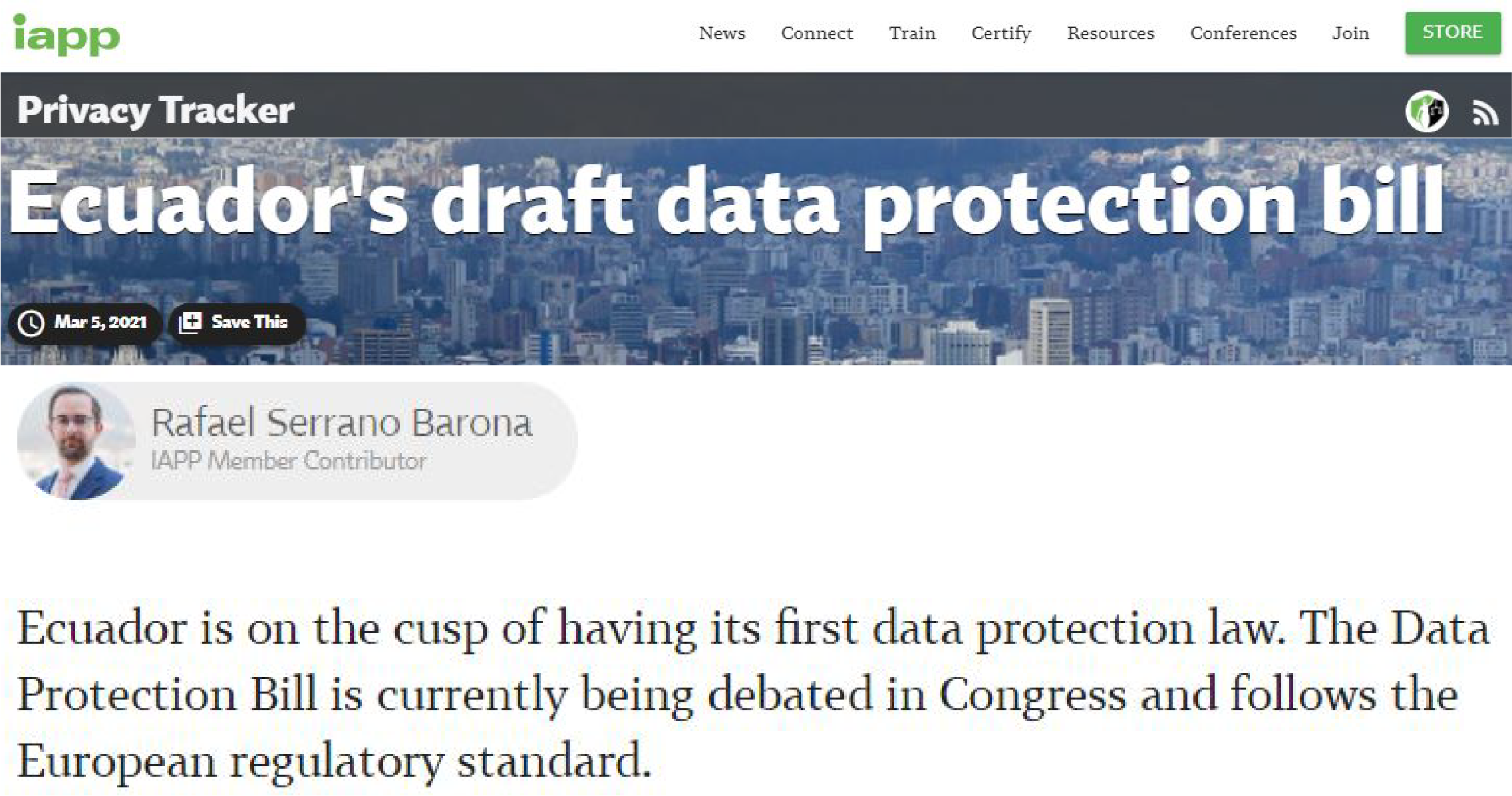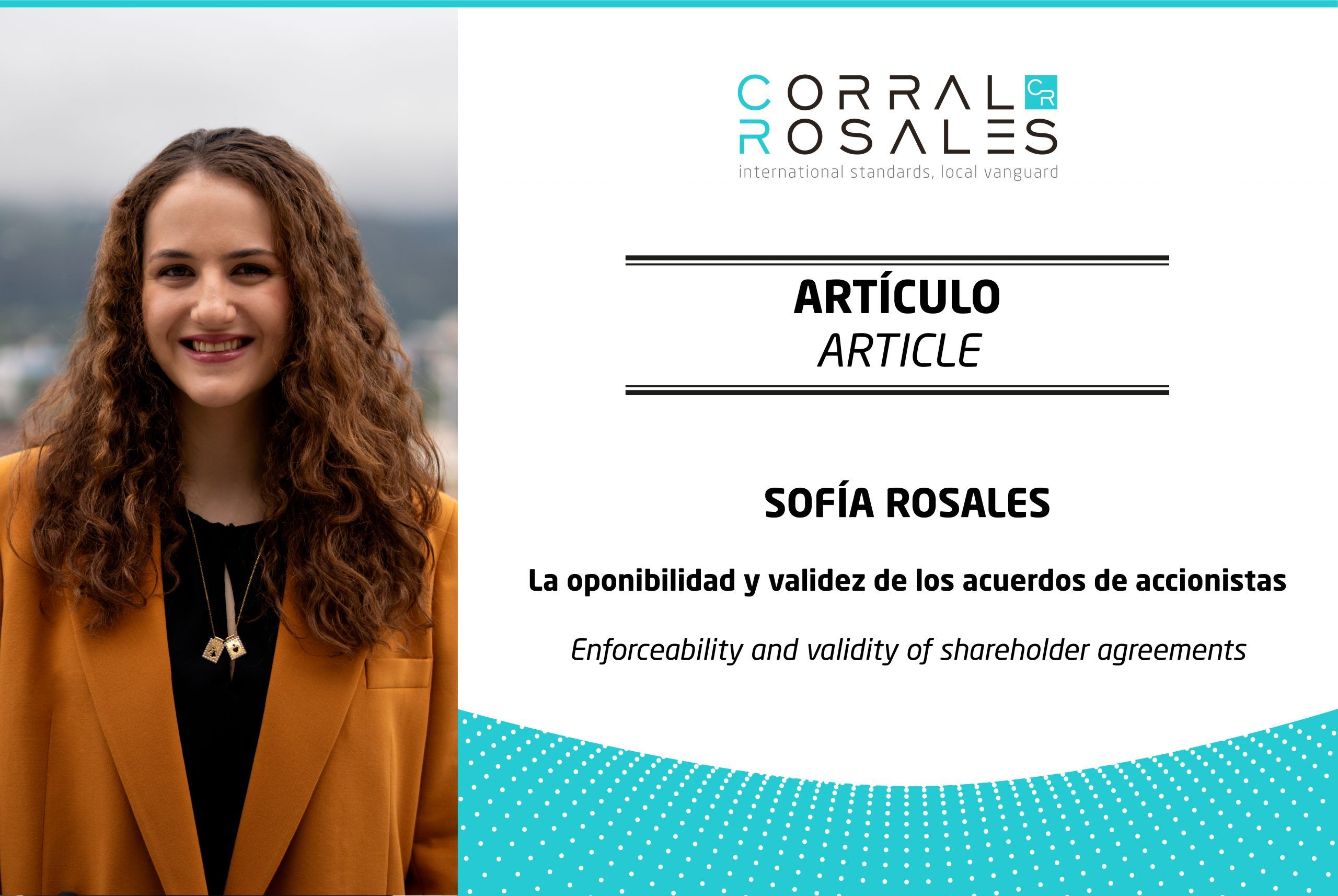Shareholders’ agreements are defined as those agreements entered into by some or all of the shareholders of a company in order to complete, define or modify their internal relations and the application of the rules stipulated in the bylaws. By means of these agreements the shareholders can regulate a great diversity of matters, without contravening the corporate bylaws, but determining their application to specific cases within the life of the company.
There are three types of shareholders’ agreements:
- Relationship agreements: these regulate the reciprocal relationships of the shareholders directly and are therefore characterized by the fact that they have no repercussions whatsoever on the company. Some examples include pre-emption rights, drag or tag along clauses, joint sale rights, lock up obligations, among others.
- Attribution agreements: shareholders undertake certain obligations in order to grant advantages to the company. The most common attribution agreements include financing obligations from shareholders, but they may also include non-compete obligations, or similar.
- Organizational agreements: these regulate the organization, operation and decision-making within the company, such as, agreements on the management structure, on the dividend policy, on the power of a shareholder to request the dissolution and winding-up of the company if certain conditions are fulfilled, etc. These agreements are usually arranged through vote syndications.
Traditionally, the problem with respect to shareholders’ agreements revolves around two main issues: (i) their enforceability vis-à-vis the company, i.e., whether or not the agreement binds the company; and (ii) the matters that may be regulated by means of these agreements.
- The enforceability of shareholders’ agreements
Shareholders’ agreements have a contractual nature, and therefore are law for the parties in accordance with article 1561 of the Civil Code, but, naturally, they do not bind those who do not enter into them. Since the company in general does not enter into the shareholders’ agreement, it is considered as a third party thereof. This derives in its unenforceability against the company, the shareholders who have not entered into it, and its managers, which can significantly complicate its overall enforceability.
Prior to the entry into force of the Companies Modernization Law, in December 2020, the law expressly provided for this unenforceability by stating that:
“Agreements between shareholders which establish conditions for the negotiation of shares shall be valid. However, such agreements shall not be enforceable against third parties, notwithstanding any civil liabilities that may arise, and in no case may they harm the rights of minority shareholders.”[1]
As a consequence, the company was left outside the scope of such agreements. The most common example is the recordation of a transfer of shares in the company’s Registry of Shares and Shareholders, when the transferability of said shares was limited by a shareholders’ agreement. Since the latter does not bind the company, the recordation is fully valid and the only remedy available to the injured party is to lodge a civil action for damages against the shareholder who breached the agreement.
In February 2020, with the introduction of the Simplified Stock Corporation (S.A.S.), the regulation of shareholders’ agreements shifted, as their enforceability against the S.A.S. is established, as long as the company is notified of the agreement:
“(…) shall be complied with by the company when they have been submitted in the offices where the management of the company operates. Otherwise, despite their validity inter partes, such agreements shall become unenforceable for the simplified stock corporation.”[2]
Subsequently, with the Law of Modernization of Companies, the regulation of the S.A.S. regarding shareholders’ agreements was extended to corporations and limited liability companies, so that they are obliged to respect such agreements when they have been notified of them. Thus, going back to the example mentioned above, the legal representative of the company will not be able to record a transfer of shares if it violates a shareholders’ agreement. In this way, the new regulation solves the problem of the unenforceability of these agreements.
2. Matters regulated by shareholders’ agreements
The Law on Companies, when regulating shareholders’ agreements for S.A.S. (extended to corporations and limited liability companies), includes the following as matters that may be regulated by means of such agreements:
“the purchase or sale of shares, the preference for acquiring them or for increasing the capital stock, the restrictions for transferring them, the exercise of voting rights, the person who is to represent the shares at the meeting and any other lawful matter”[3]
In order to establish what is understood by “any other lawful matter” it is necessary to consider not only the general law of obligations and the fundamental principles of private law, but also the mandatory rules contained in the Law on Companies. Consequently, it is not possible to agree, for example, on the transfer of shares by means of a private document, a quorum for attendance at general meetings lower than that established by law or the bylaws, or to regulate procedures for capital stock increase or dissolution and winding-up of the company.
In this regard, the Corporate Governance Standards issued by the Superintendence of Companies (although not binding, it is advisable to follow them to ensure good corporate practice), establish that shareholders’ agreements:
“(…) should not bind or limit the exercise of the voting rights of any member of management on the Board of Directors, who shall faithfully fulfill their duty of loyalty and due diligence to the company, over and above private interests.”[4]
Therefore, the fact that the abovementioned article of the Law on Companies follows a numerus apertus system does not mean that all agreements entered into by the shareholders (lawful from the point of view of the law of obligations) are to be considered valid.
[1] Art. 191 of the former Law on Companies.
[2] Unnumbered article titled “Shareholders’ agreements” of the Law on Companies
[3] Ibid.
[4] Paragraph 6 of the section entitled “SHAREHOLDERS’ RIGHTS AND EQUITABLE TREATMENT” of the Corporate Governance Standards.
Sofía Rosales
Associate at CorralRosales
srosales@corralrosales.com










